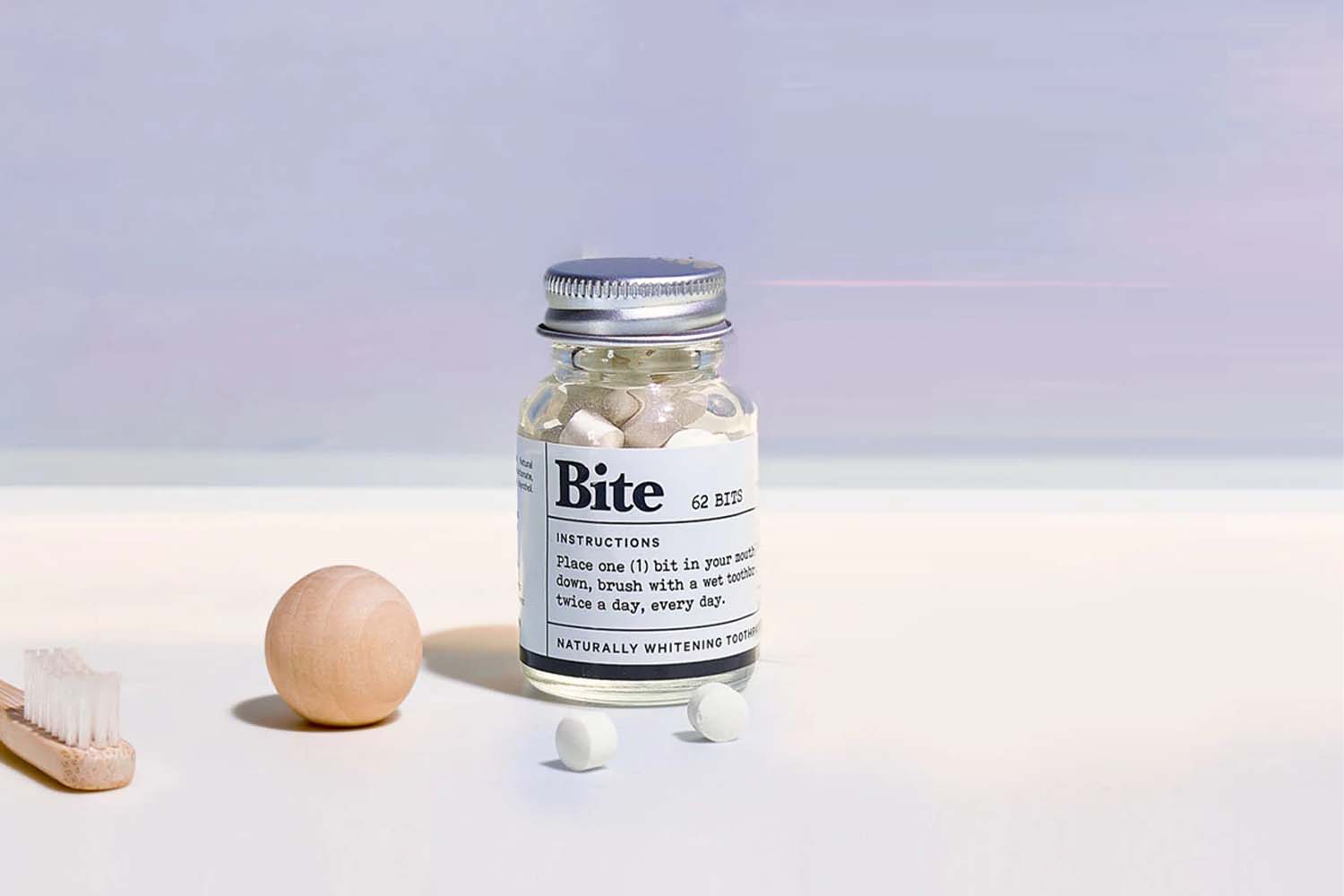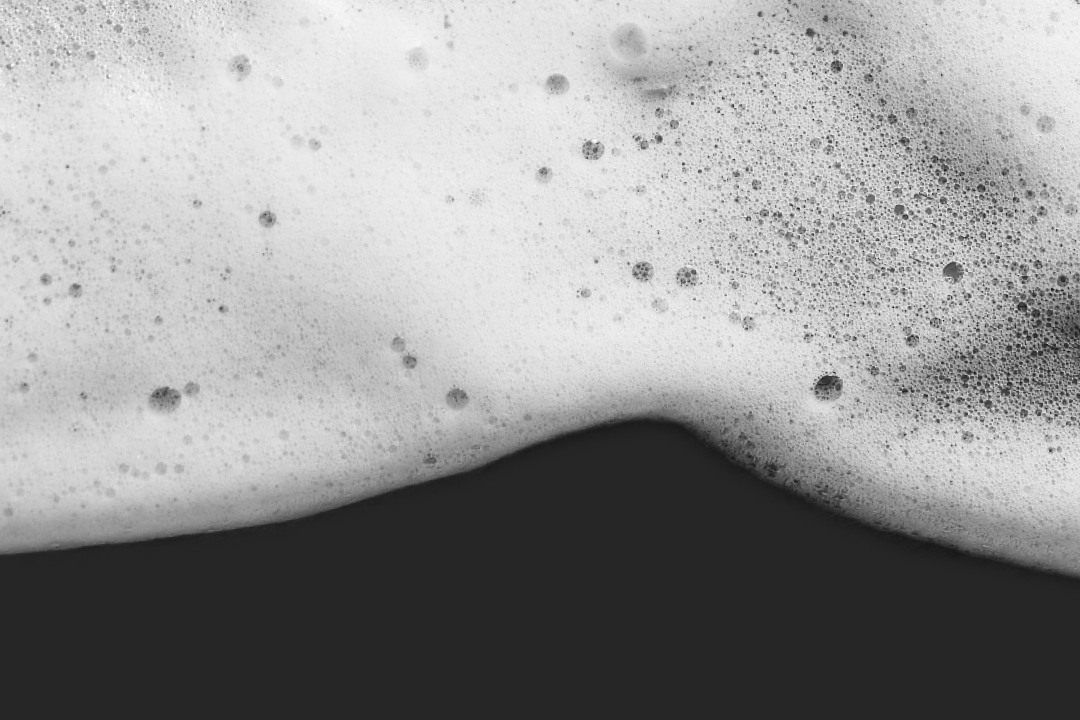Does Glass Biodegrade? Exploring the Life Cycle of Glass
You’ve probably heard about the debate of plastic vs. glass. On the one hand, plastic doesn’t break as easily, and it’s typically cheaper, but glass has always been touted as more environmentally friendly.
So what’s the deal? Is glass actually better for the environment than its plastic counterpart?
In short, yes, it is (and that’s why we use it). But let’s take a deeper dive into the life cycle of glass so you can understand why it’s more beneficial and how you can use it to take massive leaps towards a less wasteful lifestyle.
Is Glass Biodegradable?
Similar to plastic, glass takes a somewhat long time to biodegrade. In fact, a glass bottle would take over 4000 years to decompose – even longer if it’s in a landfill.
Compared to the maximum amount of time it takes plastic to decompose (around 500 years), it seems like glass might be a worse option.
The thing is, the amount of energy it takes to create glass, as well as the effects that glass has during its decomposition process, make it miles better to use compared to plastic. Let’s take a closer look.
How Does Glass Biodegrade?
Essentially, the decomposition rate of glass is none. There are no microorganisms on planet Earth that are able to break down glass materials, and since it takes thousands of years, there is not a single glass bottle on the planet that has even gotten close to decomposing.
The surface of some glass bottles will absorb moisture, crystallize, and flake off. This is a process known as devitrification. But even then, this still takes hundreds to thousands of years.
Can Glass Be Ground Back Down to Sand?
Glass is essentially made of sand under high pressure. While finely crushed glass is technically not sand, you really wouldn’t be able to tell much of a difference. Crushed glass is often sold as an alternative for pool filters. In fact, it’s even been considered a partial replacement for the sand on some of Florida’s eroding beaches.
What Types of Glass Are Recyclable?
Typically, the type of glass that can be recycled is dependent on its colors. You can usually recycle clear, green, and brown glass at any time. This is ideal because none of the materials in glass can be degraded or decomposed, so if you’re not able to reuse your glasses, recycling is the next best thing!
Glass Bottles
Glass bottles from things like soda or beer are perfect for recycling. With that said, you want to make sure you clean out the bottle to meet certain industry standards, so just be sure to rinse out the inside with some water before you toss it in the bin.
You can also reuse your glass bottles instead — and we recommend doing so! Some of them can make perfect vases for flowers and other household plants, or you can add pumps and turn the bottles into refillable hand soap dispensers.
Glass Jars
Glass jars from jams, pickles, olives, and more are also perfectly recyclable. But just like bottles, you need to give them a quick rinse.
However, glass jars are infinitely reusable, like our one-of-a-kind Toothpaste Bit containers. Once you’re done with your jar of our high-quality Toothpaste Bits, you can repurpose it to hold jewelry, herbs, or spices in your home, or use it as a storage container. It’s an easy way to eliminate waste and stay organized.
Why Is Some Glass Non-Recyclable?
Glass can be melted down and changed from one form to another. The problem is that separating certain glasses from others can be troublesome.
The type and quantity of compounds in each type of glass vary. So with that in mind, some glass products can end up contaminating a container recycling stream.
It’s less so that some glasses are non-recyclable and more so that they just wouldn’t be able to be melted down in the same way as others. Common non-recyclable glasses include drinking or wine glasses, plates, light bulbs, windows, windshields, or ceramics.
Is Glass Bad for the Environment?
Even though glass takes a while to decompose, it doesn’t mean that it’s necessarily bad for the environment. This is because as it breaks down, it remains safe and stable, releasing no harmful chemicals into the soil. In other words, it does minimal harm to the environment.
How Does Glass Negatively Impact the Planet?
The major environmental impact of glass has very little to do with the way in which it’s disposed of. Instead, it has to do with the amount of gas and fuel that’s emitted through the melting process to create it. Melting glass leads to large amounts of CO2 in the atmosphere. With that said, this is the only greenhouse gas emitted during glass production — and that is certainly a win, even if a small one.
When greenhouse gasses fill up the atmosphere, it prevents the sun’s warmth from escaping. This physically makes the planet a little bit hotter, which is also known as global warming. This phenomenon is known as the greenhouse effect, and it’s a major contributor to climate change across the globe.
Is Glass Worse Than Plastic?
The good news is that it now takes less fuel in production and transportation now than ever before when it comes to making glass. But on top of that, glass is much better for the planet despite having a much longer rate of decomposition.
When plastic decomposes, it releases harmful materials into the soil nearby. Chemicals such as bisphenol A (BPA) cause water pollution and toxicity, which is not only a problem for the planet, but also a problem for the wildlife that might rely on that water for survival.
Glass, on the other hand, does not release any chemicals into the surrounding area (woohoo)! This ensures that as it decomposes, it won’t affect local wildlife to the same extent as plastic.
Not to mention, since glass is a bit more sturdy and polished than plastic, it’s perfectly reusable! Glass jars and bottles can be reused infinitely, whereas plastic can often turn a little funky if you try to reuse it over and over again. Of course, that’s not forgetting that plastic can crack, break, and become brittle as it ages too. Some plastics just aren’t fit for reuse.
Take plastic water bottles, for example. Plastic bottles made with polyethylene terephthalate (PET) could up the chance of chemical leaching, where chemicals can leach out into your drink and encourage the growth of bacteria. While studies show inconclusive results, it’s generally agreed that reusing water bottles more than a couple of times could carry a little risk. In this case, glass is once again the clear environmentally-friendly winner.
With that said, you should definitely reuse any material whenever you can — but glass almost always makes for a better option!
Can Broken Glass Be Recycled?
Unfortunately, broken glass can’t be recycled. The reason for this isn’t because of the glass itself, but rather the municipality workers who are responsible for sorting through these substances at the facility.
Broken glass can be a hazard for sanitation workers. It’s too easy for sanitation workers to hurt themselves while getting items ready for recycling. Broken glass cannot and should not be recycled. Instead, place the broken bits of glass in a shoebox or another sealed container and throw it in the trash. This way, it won’t hurt sanitation workers, and it can be safely disposed of.
What Is the Most Eco-Friendly Way To Dispose of Glass?
Glass is 100% recyclable, which is why it is one of our main product storage materials.
In fact, it can be recycled an endless number of times, meaning that it can be transformed into a new product again and again (and again) without any loss in quality. So, recycling glass is one of the best ways to get rid of it.
Again, though, glass is also reusable. There are plenty of ways that you can put those old jars and bottles to good use — just get in touch with your creative side! Use old glass jars as storage for pencils and pens, as a place to put small toiletry items like hair ties or cotton balls, or for a variety of food storage — from spices to sourdough starters.
The Bottom Line
While glass isn’t necessarily the most biodegradable or compostable product on the planet, it still doesn’t cause that much harm to the environment. Despite its 4000-year life cycle, glass doesn’t release any chemicals or toxins into the soil as it breaks down, unlike plastic.
Still, you can recycle most types of glass as long as it’s not broken. And if it’s non-recyclable, glass is still infinitely reusable, so get creative when it comes to finding new uses for your old jars and bottles.
Glass is better for the environment than plastic in more ways than one. We’re on a zero-waste mission to reduce plastic waste across the globe.
Join us and millions of others on our journey to reduce waste and bring healthier smiles throughout the world. Every little bit counts.
Sources:


